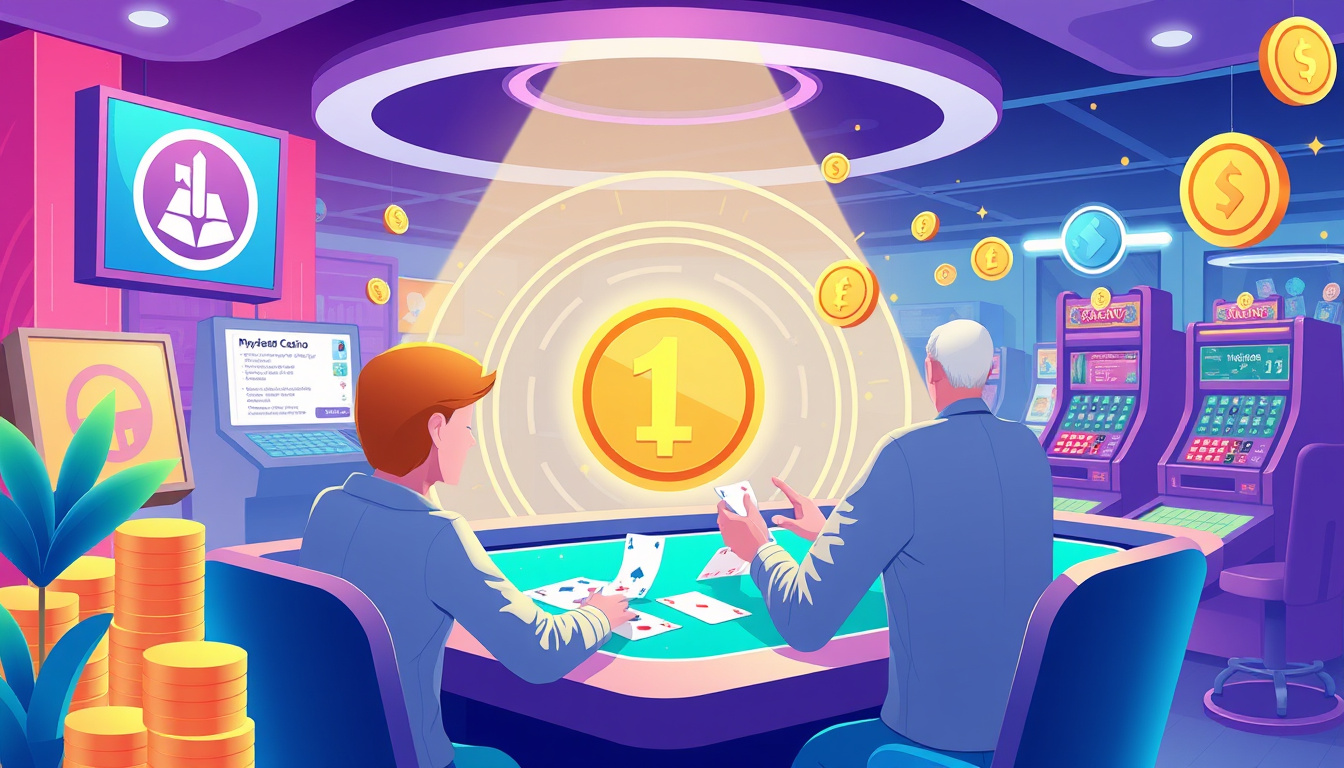Introduction to Peer-to-Peer Crypto Casino Rooms
Peer-to-peer crypto casino rooms mix blockchain and betting. Players use coins like Bitcoin directly with one another. This method lets wallets talk with wallets. Players see fast deals and clear checks on game truth. Though many sites call themselves "peer-to-peer," most work on a main server. They still take coin and use blockchain for key tasks like honest transactions and record keeping. Examples include top poker sites such as GGPoker, BetOnline, and CoinPoker. Canadian crypto casinos also use fair game checks and many coin options.

Core Features of Peer-to-Peer Crypto Casino Rooms
Crypto Payment Methods
Sites take coins like Bitcoin, Ethereum, Tether, Litecoin, and others. A player sends a coin from one wallet to another. The coin moves fast over the chain. This small gap brings less delay and lower fees. Some sites use full wallet ties while others use a built-in coin app. A few even run with their own coin tokens to reward players.
Game Types and Platforms
Most sites serve classic poker games like Texas Hold’em and Omaha. They host cash games, big tournaments, and quick games like Spin & Go. Some sites add slots, baccarat, and live dealer shows. Game results sometimes come with a blockchain tag. Players also see sports bets join the mix. Each win and loss posts a clear record of truth.
Fairness, House Edge, and RTP in P2P Crypto Casinos
RTP shows how much money a player might get back. House edge marks the casino’s take. In some sites, blockchain proofs let players check the game’s fairness. These proofs sit right next to the game results. Players can check on game fair play before they bet more.
Bonuses and Promotions
Sites bring bonus cash, free spins, or coin back rewards. Clues in bonus rules show bet orders, time limits, and play types that count toward the bonus. Some coin deals work with very light bet orders. Reading the bonus terms keeps surprises away. Players win more when they know bonus clues.
Payments, Withdrawals, and KYC
Coin deposits clear as soon as the blockchain shows confirmation. Cash-outs sometimes take minutes and sometimes a day or two. Each site sets its own low and high limits. Some sites ask for full ID checks when large amounts move. Others let play go on with little check. These checks help with safe play and law tasks.
Licensing, Jurisdiction Restrictions, and Geo-Blocking
A proper license helps build trust on a site. Many coin casinos work under a license from a low-rule land like Curacao or Malta. In the U.S. some sites block players because of tough law. Some regions face geo-blocks. Players must check if a casino works in their own area.
Responsible Gambling and Player Safety
Even if coin play gives speed and privacy, safe play still matters. Top sites add limits on coin deposit, time-outs, or self-exclusion. They also link to help groups like GambleAware or small local support groups. This care keeps a player’s journey safe.
Conclusion and Best Practices
Peer-to-peer crypto casino rooms bring quick play, low fees, and clear transaction checks. Yet, players must scan license marks, bonus clues, coin flow, and safe play tools before play. Choosing a trusted site and setting one’s own limits gives a safe ride. Enjoy coin play with clear eyes and safe steps.
This guide gives facts for your benefit. Always play safely and check local laws and site trust marks before you start.






























